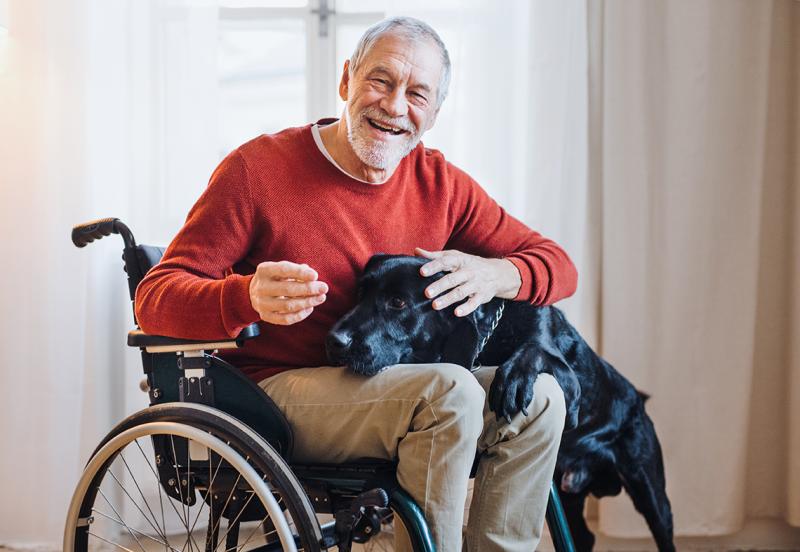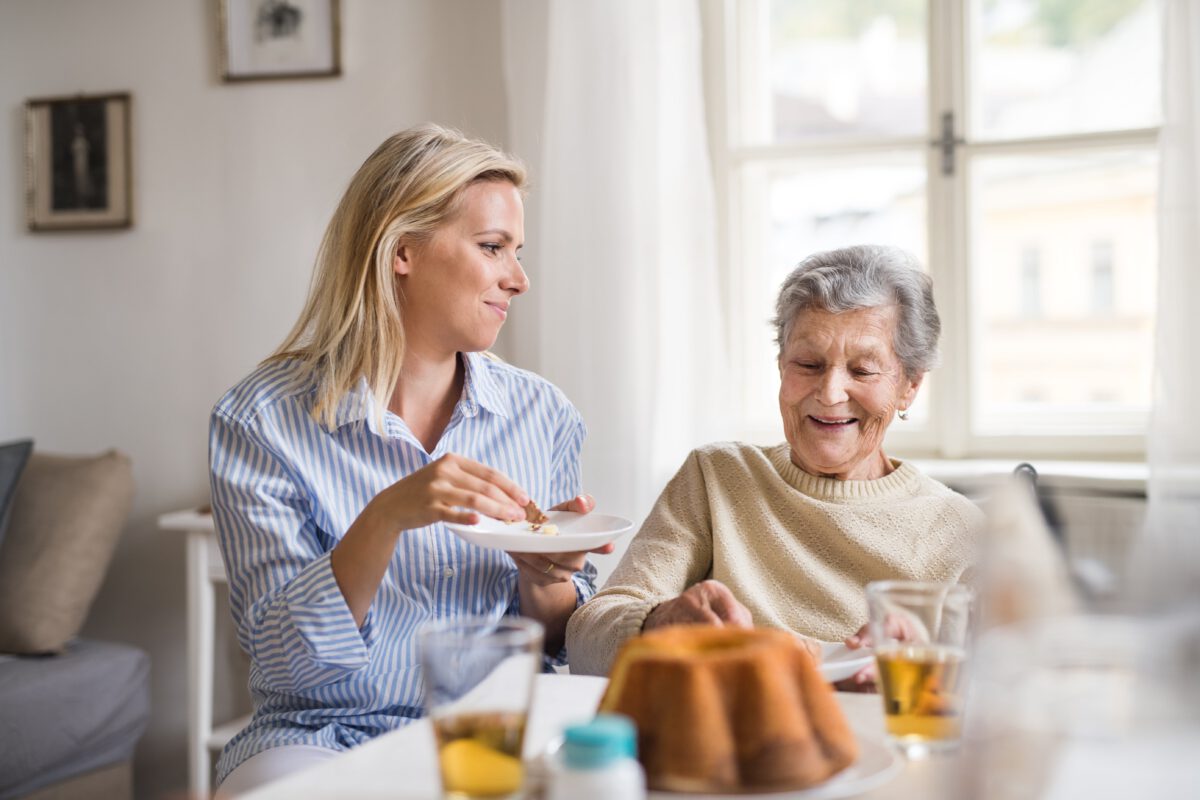Your Loved One Receives a Dementia Diagnosis: Now What?
You’ve worried, wondered, and second-guessed. You may be scared and nervous. Now you find yourself in the doctor’s office with your loved one. Following multiple assessments and a battery of tests, all things point to a diagnosis of dementia. Your emotions race everywhere. At first, you may be shocked or frightened – and maybe even a little relieved to have answers or explanations. Ultimately, even though you admit to having seen signs and symptoms for some time, the official diagnosis can leave you feeling unprepared and confused about what to do next.
In the beginning it can be helpful to learn about the disease. You might want to ask the doctor:
- What type of dementia does my loved one have?
- What information can you provide to help me understand the diagnosis?
- In what stage of the disease is my loved one? Keep in mind that everyone is unique, and people are often diagnosed at different stages of the disease. Early-stage and recently diagnosed are not the same thing.
Once you have had time to review this information, think about what drove you to seek out the diagnosis. Was it general concern from your loved one, driving issues, a medication error, changes in personality or getting lost? This initial reason will often give you an idea of where to begin. For instance, if your loved one has been concerned about their memory and wants more information, you might want to start by finding a support group. On the other hand, if wandering or a car accident prompted the visit to the physician, then more immediate steps to ensure safety may be necessary.
While the initial diagnosis might feel daunting, hard to believe or even inaccurate, this IS the time to plan:
- Think about your loved one’s preferences for care
- Consider which community-based organizations you can engage so that your loved one can live safely in his or her own home.
- Explore the senior services that are available in your community, such as transportation and home-delivered meals. Another option is to seek out organizations that address the concerns of individuals diagnosed with the specific type of dementia that your loved one has. They can be a great source of information, behavior strategies and support.
- Consider enlisting professional help. Care Coordinators, social workers and case managers work with families to address their unique needs and help navigate the maze of service opportunities.
While it is understandable that you prioritize your loved one’s needs, it is equally important that you do not forget to check in with yourself. How are YOU feeling? Give yourself space to sit with and explore these emotions, be they sadness, worry, anger or relief. Also, know that you do not need to go through this alone. There are caregiver support groups, online forums, message boards, and other groups (like Facebook) where you can find community
A dementia diagnosis can bring about many emotions. Processing these feelings and finding support are essential. WeCare…Because You Do, an email and phone-based program of care coordination and coaching, can provide you with the tools and supports to educate yourself about the disease and services available can help clarify next steps and make each day feel doable.







